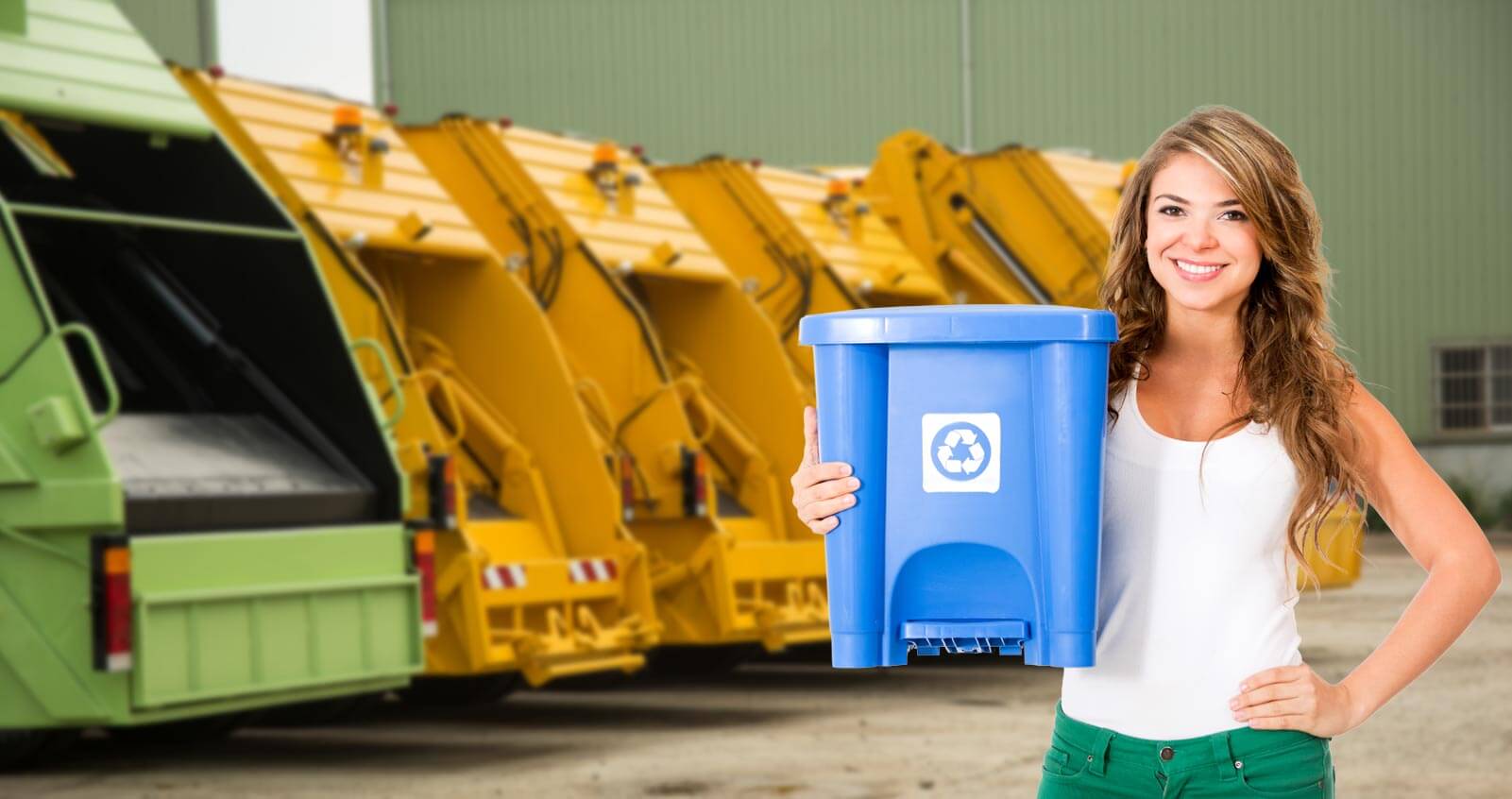Eco-Toys: Sustainable Plastic Substitutes
Posted on 25/04/2025
In recent years, the global community has been increasingly concerned about the environmental impact of non-renewable resources, especially plastics. Given that plastic waste contributes significantly to landfills and ocean pollution, the toy industry has faced scrutiny for its reliance on plastic materials. As a result, eco-toys, which are made from sustainable, non-toxic materials, are becoming a popular alternative.
What Are Eco-Toys?
Eco-toys are environmentally friendly playthings crafted from organic, biodegradable, or recyclable materials. These toys are designed to minimize negative environmental impacts, both during production and after they've outlived their usefulness. Options for eco-toys include toys made from organic cotton, bamboo, reclaimed wood, and other sustainable materials. Importantly, eco-toy manufacturers strive to ensure these products are as safe for children as they are for the planet.

The Growing Demand for Sustainable Toys
The demand for eco-friendly toys is growing for several reasons. First, awareness of plastic pollution has increased substantially, driven by media coverage and advocacy from environmental organizations. Second, parents are becoming more health-conscious, seeking non-toxic alternatives to traditional plastic toys that often contain harmful chemicals like phthalates and BPA. Lastly, a cultural shift is steering consumers toward more sustainable and ethical purchasing decisions.
Materials Used in Eco-Toys
Organic Cotton
Organic cotton is a popular choice for eco-toys, especially stuffed animals and soft toys. Unlike conventional cotton, organic cotton is grown without synthetic pesticides and fertilizers, making it safer for both children and the environment. Moreover, organic cotton farming tends to support biodiversity and healthier ecosystems.
Bamboo
Bamboo is another excellent material for sustainable toys. Known for its rapid growth rate, bamboo is incredibly renewable. It's used to make a variety of toys, from building blocks to puzzle pieces. Bamboo toys are strong, durable, and biodegradable, offering a viable alternative to plastic.
Reclaimed Wood
Reclaimed wood is sourced from old buildings, furniture, and other structures, repurposing what would otherwise go to waste. Wooden toys are durable and can be passed down through generations, reducing the need for frequent replacements. Moreover, wood can be stained or painted using non-toxic dyes, ensuring safety alongside sustainability.
The Impact of Eco-Toys on the Environment
The environmental benefits of eco-toys are significant. Production processes for sustainable materials generally use less water and energy than those for plastics. Additionally, eco-toys are often designed to be biodegradable or recyclable, reducing waste and the consequent burden on landfills and oceans. Further, many eco-toy manufacturers prioritize ethical labor practices and fair trade, contributing positively to social sustainability.
Benefits for Children
Choosing eco-toys offers various advantages for children. These toys are typically free from toxic chemicals found in plastics, such as BPA, lead, and phthalates. Thus, they are safer for children, who are prone to putting toys in their mouths. Additionally, eco-toys are often more durable than their plastic counterparts, making them better suited for long-term use and reducing the need for frequent replacement.
Eco-toys also provide excellent educational opportunities. For example, toys made from natural materials can help children develop a connection with nature and foster an early understanding of sustainability principles. Such toys often have simplistic designs, encouraging imaginative play that can be more stimulating than overly complex, battery-operated alternatives.
Challenges and Considerations
While eco-toys offer numerous benefits, they are not without challenges. The cost of production for organic and sustainably sourced materials can be higher, making eco-toys more expensive than traditional plastic toys. Additionally, the availability of eco-toys may be limited in certain regions, posing accessibility issues for some consumers.
Moreover, not all eco-toys are created equal. It's essential for consumers to do their research and verify the sustainability claims of manufacturers. Certifications like Fair Trade, GOTS (Global Organic Textile Standard), and FSC (Forest Stewardship Council) can provide assurance of ethical and sustainable practices.

The Future of the Toy Industry
The shift toward eco-toys represents a broader change within the toy industry. Many major toy manufacturers are beginning to incorporate sustainable practices, such as using recycled plastics and reducing packaging waste. These changes are driven not only by consumer demand but also by regulatory pressures and corporate social responsibility initiatives.
As technology advances, we can expect to see even more innovative materials being used in the production of eco-toys. For example, bioplastics derived from renewable sources like corn starch and sugarcane are becoming more viable as substitutes for petroleum-based plastics. Innovations in recycling technologies also promise to make the production of eco-friendly toys more cost-effective and scalable.
Conclusion: A Playful Path to Sustainability
Eco-toys are more than just a trend; they represent a commitment to sustainability and the well-being of future generations. By opting for toys made from organic, biodegradable, and recyclable materials, consumers can significantly reduce the environmental footprint of playtime. While challenges exist, the benefits for both the planet and children are compelling.
The future looks bright for eco-toys, as growing awareness and technological advancements continue to drive progress. By supporting sustainable products and holding manufacturers accountable, consumers can play a crucial role in steering the toy industry toward a more eco-friendly future. Whether it's a bamboo building block or a stuffed animal made from organic cotton, eco-toys offer a playful yet powerful way to make a positive impact.




